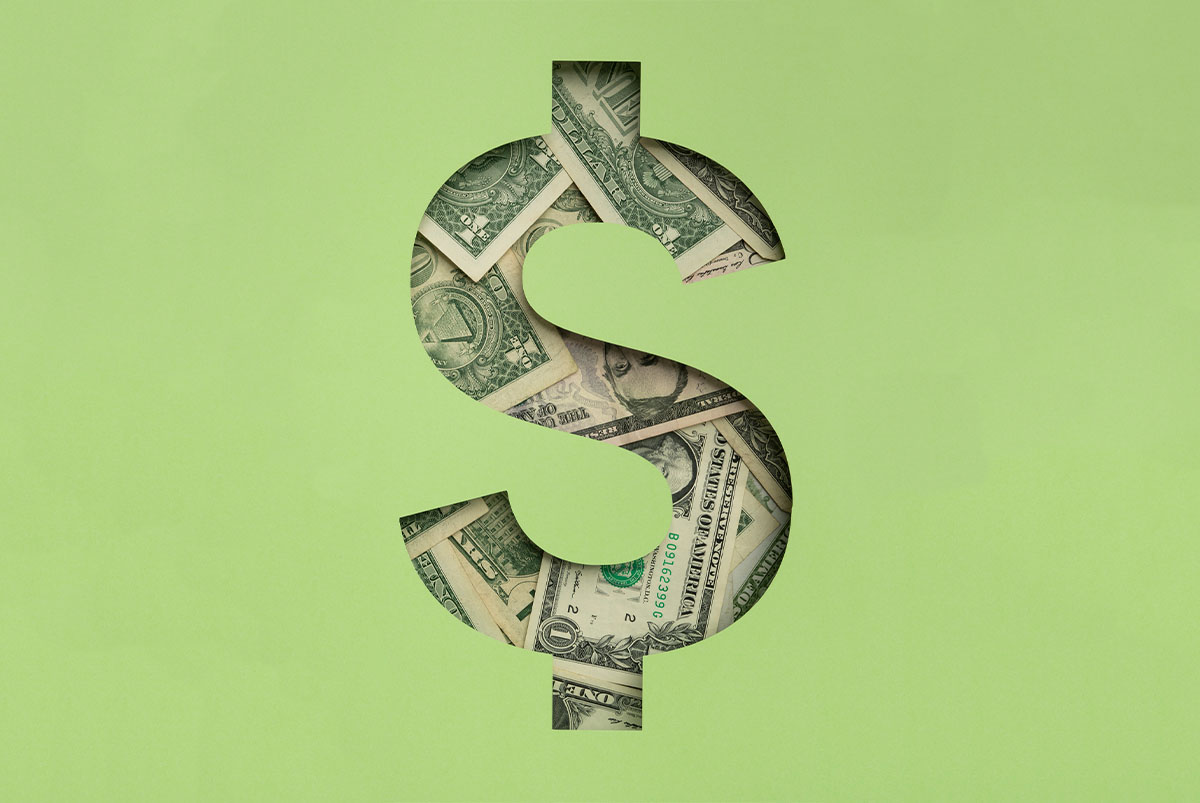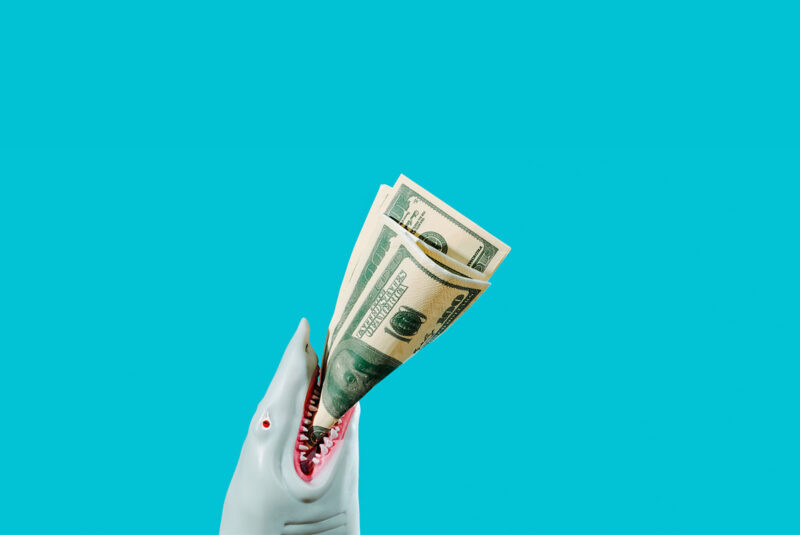Explore your mortgage options
Before you can get the keys to a new car, you have to figure out how to pay for it first. Unless you can buy your new car with cash, you will likely need to apply for a loan. But which loan would work best for you and your financial situation?
Auto loans and personal loans are the two most common financing options for new or used cars. Learn the differences between the two loans and what you should consider before deciding which loan will get you the ride you’ve been eyeing at the dealership.
See What a Personal Loan Can Do for You
Our partners at Rocket LoansSM are ready to help.
Checking your options won’t affect your credit score.
Personal Loan vs. Car Loan: At a Glance
The biggest difference between personal loans and car loans is that car loans can only be used to purchase a vehicle, while you can use personal loans for just about anything. And the differences don’t stop there.
Here’s a breakdown of how the loans stack up against each other.
| Key Features | Personal Loans | Car Loans |
| Purpose | Can be used for almost any purpose | For vehicle purchases only |
| Secured or Unsecured | Typically unsecured, so no collateral is required (but can be secured) | Secured (collateral is required) |
| Down Payment | No | Yes |
| Fees | Yes | Yes |
| Restrictions | No restrictions on the type of vehicle | There can be restrictions based on car type, age or mileage accrued |
Understanding Auto Loans
The first thing to know about auto loans is that they are secured loans. Your car serves as the collateral that secures the loan. In fact, it’s usually easier to get approved for an auto loan than a personal loan because the loan is secured by an asset. But if you fall behind on your car payments, you run the risk of your car being repossessed by your lender.
The credit score requirements for car loans are fairly lenient. Like any loan, you’ll likely receive favorable loan terms if you have good or excellent credit. If you have bad credit, you’ll probably be offered higher rates. Lenders will also review your debt-to-income (DTI) ratio, the size of your down payment and the price of the car to decide whether you qualify for the loan.
Here’s a quick breakdown of the benefits and drawbacks of auto loans.
PROS of Auto Loans👍
The application and approval process is relatively simple. Auto loans are usually easier to qualify for because the loans are secured.
Car loans have the added benefit of being offered at car dealerships. You can get your paperwork done on the spot and pull off the lot within a few hours.
Auto loans typically have lower interest rates because an asset (aka your car) secures the loan.
Car loans offer repayment terms of up to 8 years. Longer repayment terms can help borrowers who want to make lower monthly payments and use their extra cash on other expenses or to pay off debts.
If your credit history is nonexistent or insufficient or your credit score is less-than-ideal, adding a co-signer to an auto loan may help you get approved.
CONS of Auto Loans👎
If you fall behind on your car payments, your lender can repossess your vehicle. If you ever suspect you’ll have a problem making a payment, reach out to your lender ASAP to decide on a repayment plan that works for both of you.
Not every type of vehicle is on the table with a car loan. Some lenders may not finance older, high-mileage cars because they likely would not recover their money in case they had to repossess the car. You should be fine if you stick with new or used cars in good working condition.
While some lenders offer $0 down loans, most lenders require some cash upfront. The larger your down payment is, the likelier it is that a lender will offer favorable loan terms and rates.
Understanding Personal Loans
With personal loans, you borrow a predetermined amount of money from a bank, credit union or online lender, agreeing to pay it back with interest in fixed monthly installments. Personal loans can be secured or unsecured. And the funds can be used for almost any purpose – including buying a car.
Unsecured personal loans usually have higher interest rates than car loans and tougher qualification requirements because the loans aren’t secured (aka no collateral required).
The application and preapproval process for auto loans and personal loans is pretty similar. Like auto loans, the lender will review your income and credit history to assess your creditworthiness and eligibility for the loan.
PROS of Personal Loans👍
Personal loans do not require down payments – that means more money stays in your pockets.
Unsecured personal loans do not require collateral. Your lender cannot repossess your vehicle if you default on your loan – but defaulting will wreck your credit.
Unlike car loans, there are no restrictions based on car type, age or mileage accrued.
CONS of Personal Loans👎
Unsecured personal loans typically have higher interest rates because there is no collateral to secure the loan.
The credit score requirements for personal loans are stricter than they are for auto loans.
If your credit score isn’t the greatest and you want an auto loan, you can ask a family member or close friend to co-sign your car loan. Your co-signer gives your lender additional assurance that the loan will be repaid. Unfortunately, many lenders don’t offer this option for personal loans.
Get Prequalified for Loans from $2,000 to $45,000
Rocket LoansSM offers personal loans from $2,000 – $45,000. From debt consolidation to unexpected expenses, we’ve got you covered.
Checking your options won’t affect your credit score.
When Choosing an Auto Loan Makes Sense
In most cases, an auto loan is the better financing option when purchasing a car because of its ease of approval and low interest rates. Consider an auto loan if:
- You are purchasing from a car dealership
- You have bad credit
- You are looking for a large loan amount
- You need a longer repayment term (36, 48, 60, 72 or 96 months)
- You have already taken out a personal loan
When Choosing a Personal Loan Makes Sense
While auto loans are usually the default go-to, some situations call for a personal loan. Consider a personal loan if:
- You’re buying a car from a private individual, not a dealership
- You’re buying a car with high mileage
- You’re buying an older vehicle
Choose Which Lane Is Right for You
On the one hand, personal loans offer more flexibility. But on the other hand, financing a car with an auto loan is cheaper in the long run.
The answer to which loan is right for you will depend on a few factors, including your income and your credit profile. Use your current financial circumstances – and future financial goals – to help guide you toward the right loan for you.
Ready for a Personal Loan?
Applying through Rocket LoansSM is fast and easy.
Checking your options won’t affect your credit score.
The Short Version
- The biggest difference between personal loans and car loans is that car loans can only be used to purchase a vehicle, while you can use personal loans for just about anything
- Unsecured personal loans usually have higher interest rates than car loans and tougher qualification requirements because no collateral is required
- In most cases, an auto loan is the better financing option because it’s easier to get approved and auto loan interest rates are typically lower than personal loan rates




